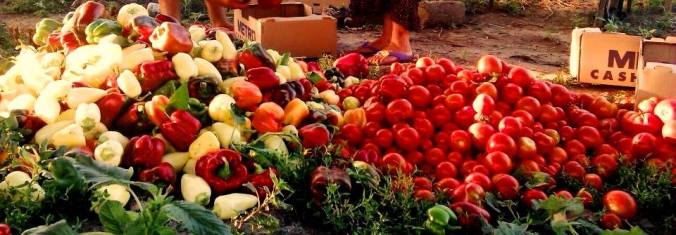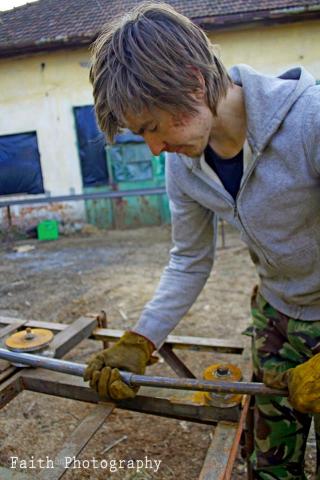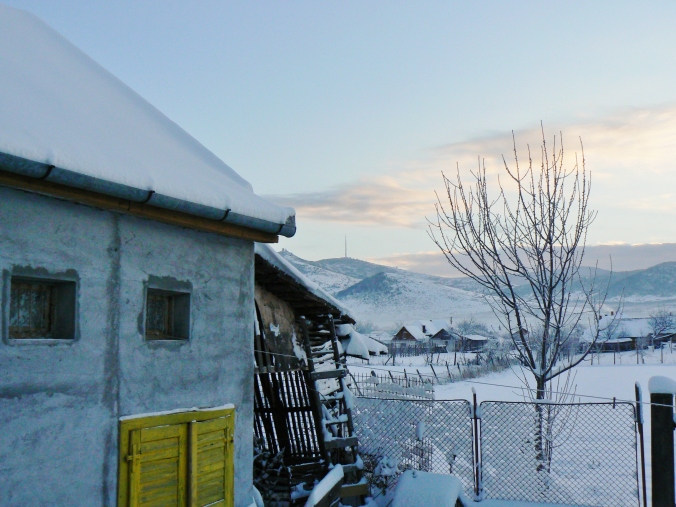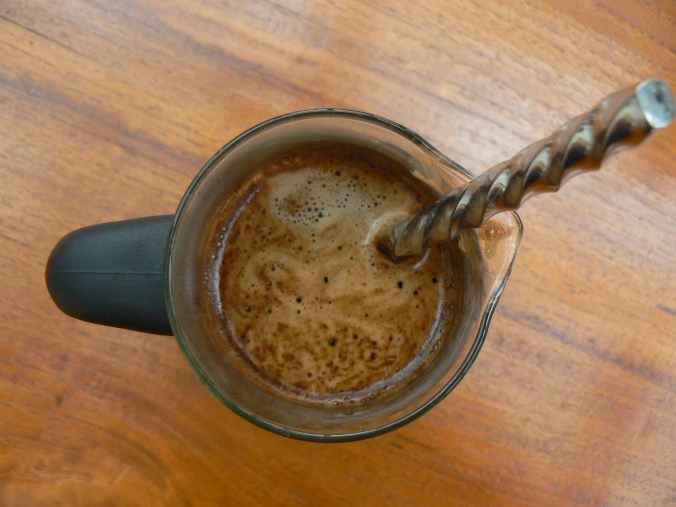It’s hard to summarize all of the areas NetWorks works in, a mixture of social work, micro enterprise, self help, kids work… the list goes on (have a look at our website for a better overview here). I have mostly been working on the Greenhouse Team (a.k.a the “self help massive”), we sit somewhere between the realms of self help and micro enterprise. I really buzz for big projects that call for people to pull together to get things done, so this team has been perfect for me, even though I’m not a big fan of gardening! I joined the GH team which also consisted of Elise, herbalism expert and general wonder woman, Dan, a great man with some serious practical skills, Hans, a Dutch master who taught me how to weld* and Tim, a giant of a man and the leader of our team.
The basic idea behind the greenhouses project is to give some of the families we work with greater means by which to support themselves. Produce can either be sold in local markets or to the larger Metro stores that we deal with. As we don’t have resources to install greenhouses in every garden we look to how well they have tended their gardens in the past, and those showing willing to work hard can be selected for the investment of a greenhouse. One of the first projects I took on was the building of three smaller wooden greenhouses. We can build these for very little cost and they serve as test cases for a families ability to work in larger greenhouses, which require a serious commitment. I was building these in the Autumn, alongside the people who were going to be working them. Having only been in the country for 8 weeks at that point can I remember it being a comical struggle at times given my pidgin Romanian. Imagine a large Roma man repeatedly shouting the Romanian word for nail at me, me looking slightly bemused, and you begin to get the picture.
If the wooden greenhouses are well stewarded we can look at installing larger ones which consist of a series of iron hoops planted in the ground, with polythene sheeting stretched over the top. To keep the cost of these down we fabricate the hoops from scratch, first bending the straight poles into shape, followed by welding on the feet and cross bar supports. I can’t stress how much enjoyment I have gotten from working with my hands, the satisfaction of a job well done is huge, but that’s just half the story. The real joy comes from seeing the smiles on the faces of the people we are trying to help. I’ve seen that people are often lacking the self-belief that they could take on the task of working a 10x6m or 30x6m greenhouse, so to see how proud they are, and the self-confidence gained, from what they can achieve is amazing. To be beckoned in to a greenhouse that I hadn’t seen for while by one of the people we work with, eyes bright with excitement, is a feeling I can’t forget.
*I’m planning a separate post on the frustratingly fine art of welding.
Lastly, this song has nothing to do with greenhouses, but deserves to heard.



